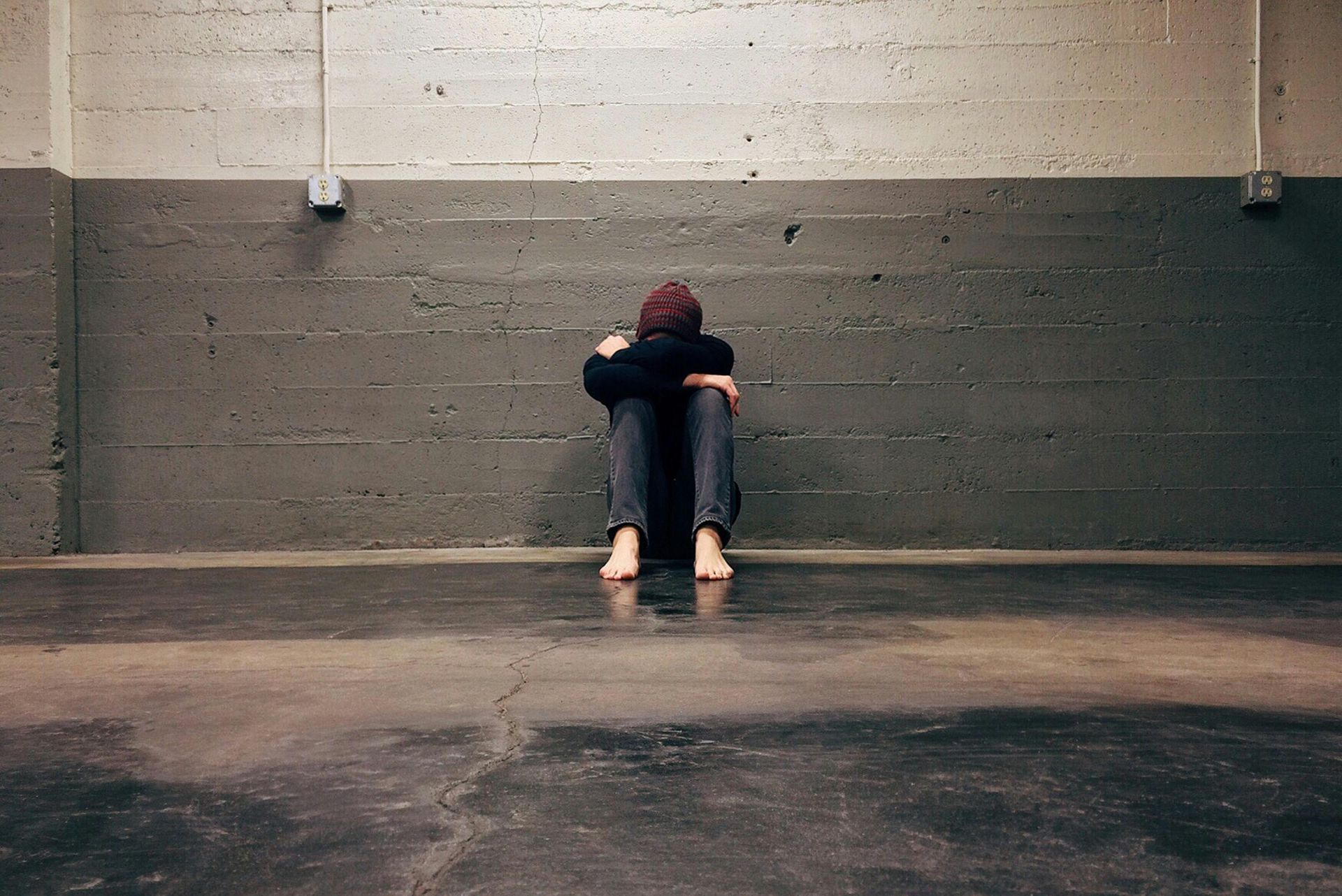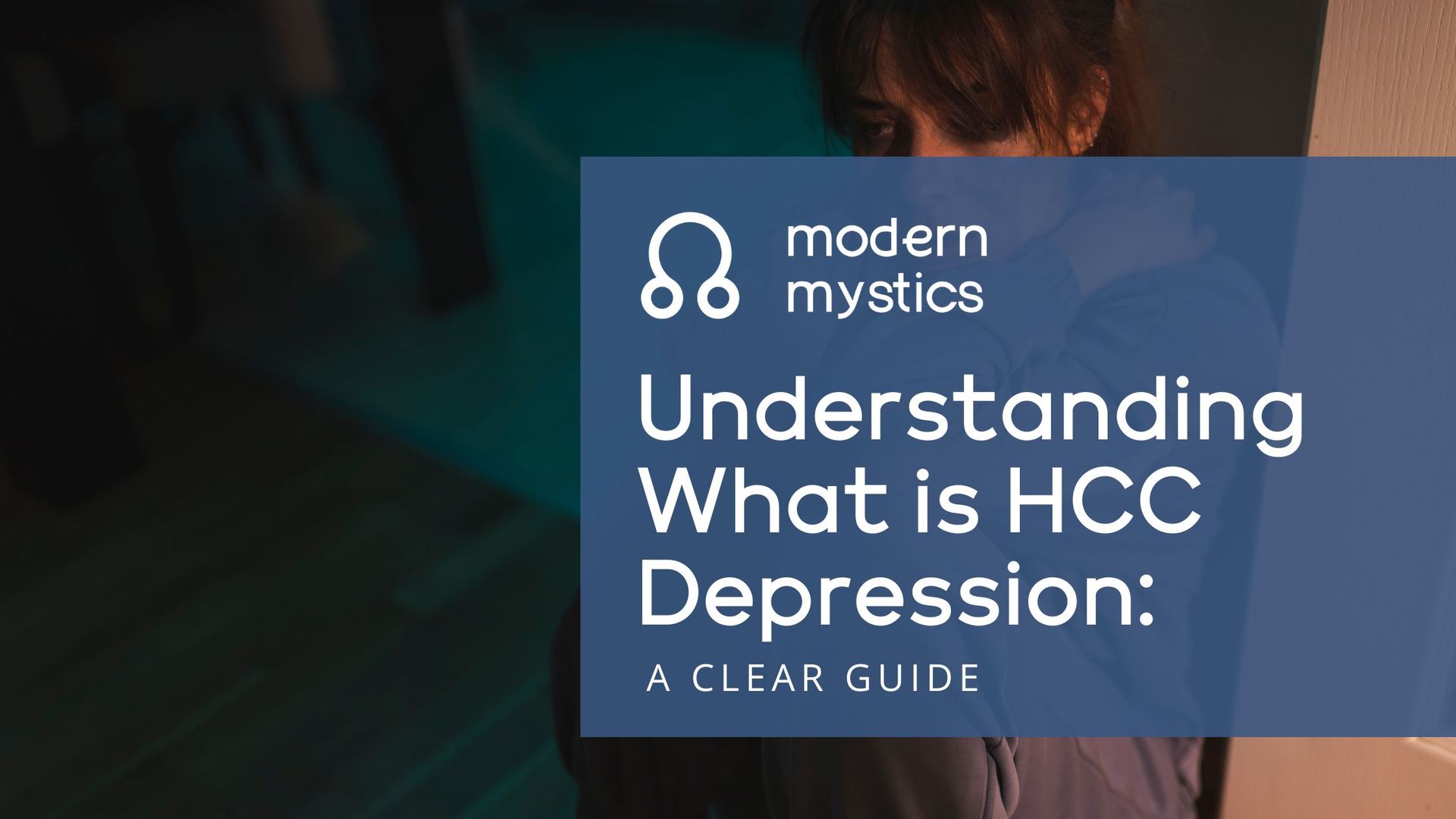Is Social Anxiety Neurodivergent?
Have you found yourself wondering, “Is social anxiety neurodivergent?” You're not alone. This is a common question reflecting the growing awareness and understanding of neurodiversity. Many people wonder if social anxiety fits within this spectrum. This question can be confusing because social anxiety and neurodivergent conditions often occur together. It’s challenging to tell if one causes the other or if they are both simply part of someone's personality.
Let’s explore what we know about neurodivergence and social anxiety. We will examine the possible link between the two and discuss helpful perspectives for your personal journey. This blog post aims to address the mental health issues associated with social anxiety, anxiety disorders, and neurodiversity.
Table Of Contents:
- What is Neurodivergence?
- So, is Social Anxiety Neurodivergent?
- Seeking Help & Support for Neurodivergent Social Anxiety
- Conclusion
What is Neurodivergence?
First, let’s define ‘neurodivergent.’ This term means that a person’s brain functions differently from what is typically considered “normal”. Neurodiversity encompasses a wide array of neurological differences in how people think and process information. This might involve differences in how a person learns, processes sensory input, or navigates social interactions.
Neurodiversity is sometimes associated with these neurodivergent disorders and conditions:
- Autism
- ADHD
- Dyslexia
- Tourette Syndrome
- Obsessive-Compulsive Disorder (OCD)
- Borderline Personality Disorder (BPD)
Importantly, ‘neurodivergent’ doesn’t mean someone needs to be ‘fixed’. There are natural variations in human brains. Just like people have various hair colors, brains also differ. These differences can bring unique strengths and challenges.
So, is Social Anxiety Neurodivergent?
Here is where things become less clear. Social anxiety disorder is not a neurodivergent condition like those listed above, but they can overlap. While generalized anxiety and social anxiety are forms of mental illness, they differ from neurodivergent conditions.
Research shows us that experiencing anxiety, particularly neurodivergent anxiety, is common among neurodivergent individuals. Consider autism, for example. This neurodivergent condition is often associated with difficulties reading body language and social cues. People with autism may find that social situations lead to feelings of intense fear and discomfort.
Research by Bellini, 2004; Maddox & White, 2015; Spain et al., 2016 showed that almost half of those on the Autism spectrum also experience social anxiety. This prevalence is much higher than the general population, which falls between 7% and 13% NICE, 2013a. While social anxiety is not inherently part of being Autistic, the unique challenges Autistic people face can contribute to social anxiety disorder developing.
Let’s imagine someone named Sarah. She has always been sensitive to noises and struggles with reading social cues. This makes her feel different and out of sync with others, leading to fear of judgment and negative feelings, particularly in social situations. In this scenario, those neurodivergent traits may contribute to her developing social anxiety or even personality disorders like narcissistic personality disorder.

To be clear, social anxiety is not a neurodivergent condition in and of itself. However, there are many instances where social anxiety overlaps with and is influenced by neurodivergence.
Seeking Help & Support for Neurodivergent Social Anxiety
Recognizing and understanding your experiences is incredibly brave and is often the first step toward feeling better. If you feel overwhelmed by social situations and experience panic attacks, fear of judgment, or excessive worry, reaching out to a mental health professional familiar with neurodiversity is essential. They can provide valuable support and guidance on managing anxiety disorders.
Remember that to seek support is a sign of strength. You don’t have to manage these challenges alone.
Conclusion
You might be wondering, “Is social anxiety neurodivergent?” While there is no simple yes or no answer, we encourage you to remember that both social anxiety and neurodiversity are unique experiences that vary greatly. Focus on finding strategies and treatments that can help you navigate social interaction with more confidence. Addressing your experiences and exploring what resonates with you is crucial for personal growth and living an authentic life.



